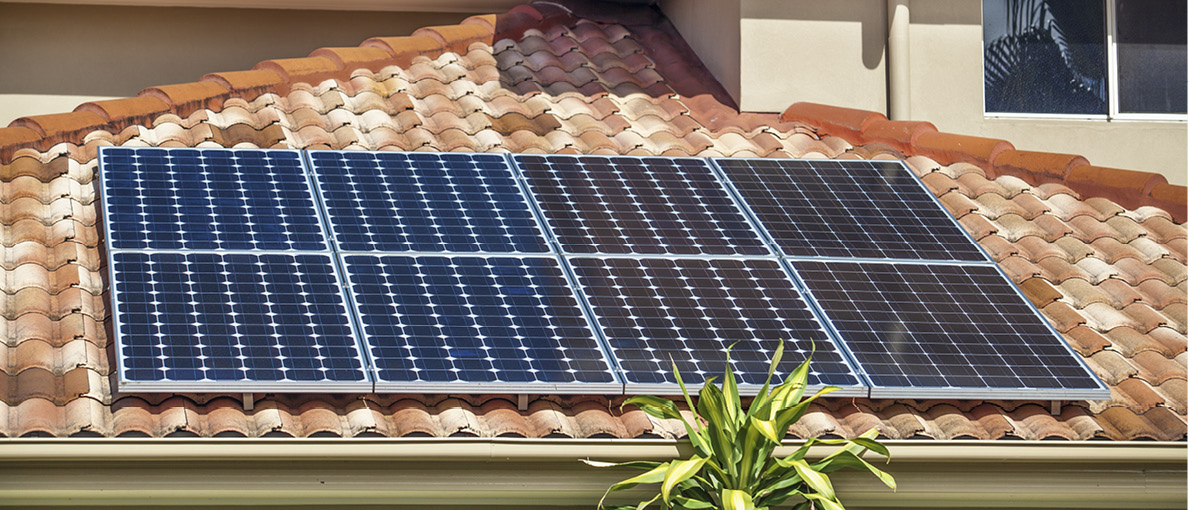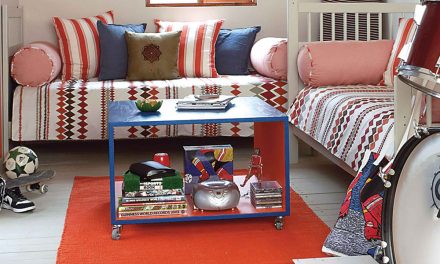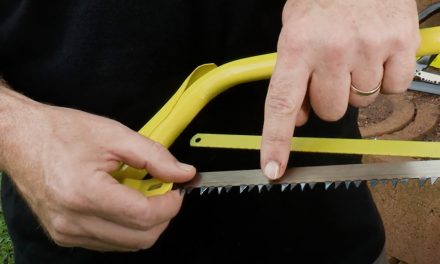Follow these tips to save electricity, save money and be kind to the environment.
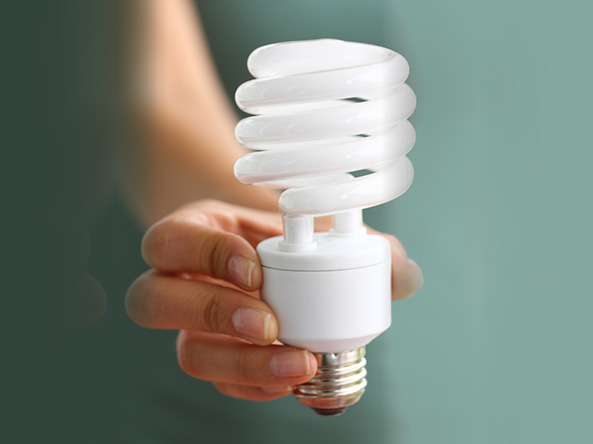
1. Replace regular incandescent bulbs with LED lights or CLFs.
Energy Star certified light bulbs use more than 60 percent, and up to 90 percent less, power than traditional light bulbs. Even installing a dimmer and dimming incandescent lights can cut 10 percent from lighting costs.
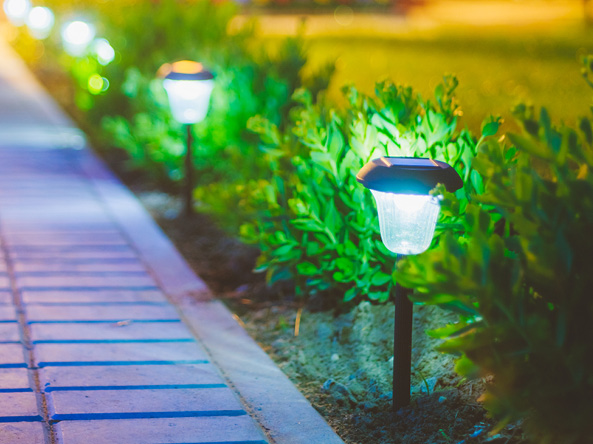
2. Outdoor lighting is one of the easiest ways to make use of solar power, because the lights themselves are outside in the sun.
Solar-powered floodlights are a great option as they will keep your yard well lit and safe, even if there is a power failure. They are not expensive and quite easy to install. On the decorative front, freestanding solar-powered lights are convenient because you can move them around according to your needs and mood.
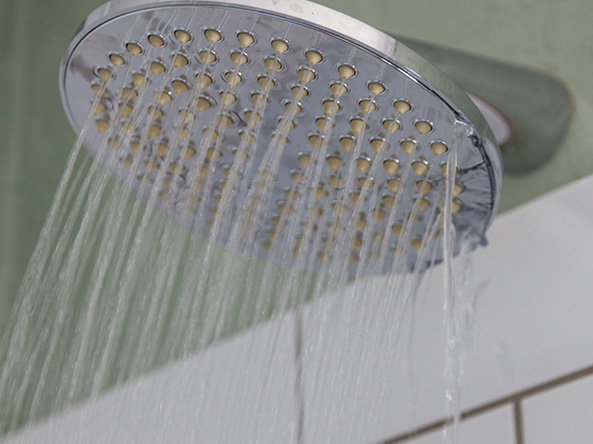
3. High-performance showerheads and taps don’t just save on water – they save energy, too.
That’s because the less hot water you use, the less water your geyser has to heat. Showers alone are responsible for a quarter of the average household’s hot water consumption, and a water-saving showerhead uses half the water of a traditional showerhead or less.
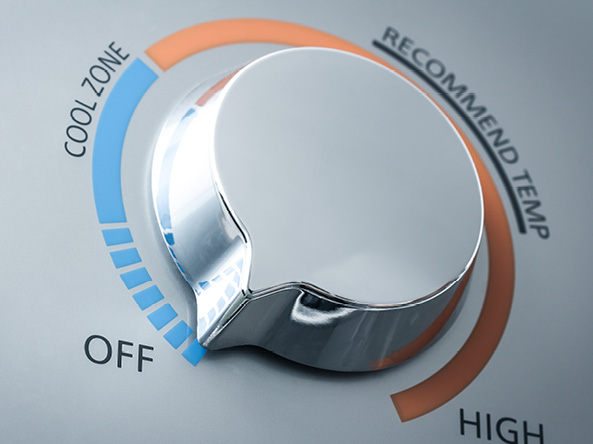
4. Put your geyser on a timer so it’s only drawing power in the mornings and evenings when the bathrooms are in use.
Turn your geyser down five degrees (from 60 to 55) for an extra 10 percent saving on water heating costs. Or better still, put in a solar geyser. When it’s sunny, solar power can supply up to 100 percent of your water heating energy needs.
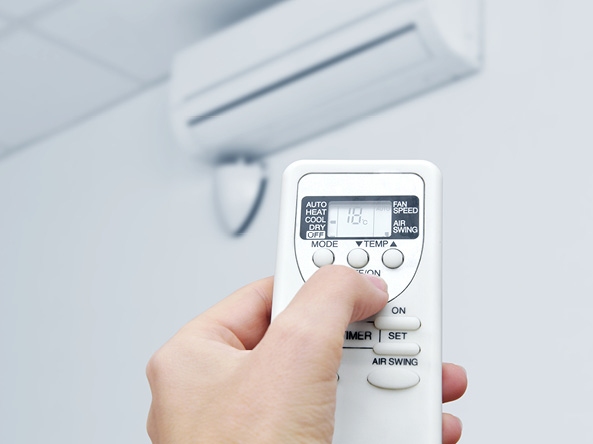
5. Likewise, if you use an air-conditioner in summer, simply setting the temperature one degree warmer will cut five percent of its energy.
Even simpler, close the curtains and blinds of west-facing windows in the afternoon to prevent the harsh afternoon sun flooding in and you’ll automatically cut your cooling costs.
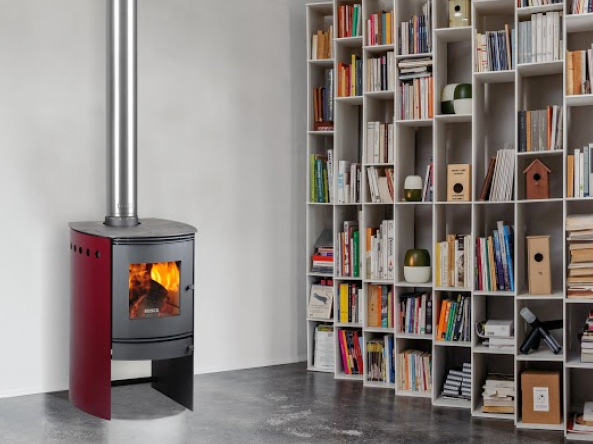
6. The number one consumer of household energy is heating during winter, and electric heaters are highly inefficient.
Switch to wood- or gas-burning fireplaces, or other forms of renewable energy.
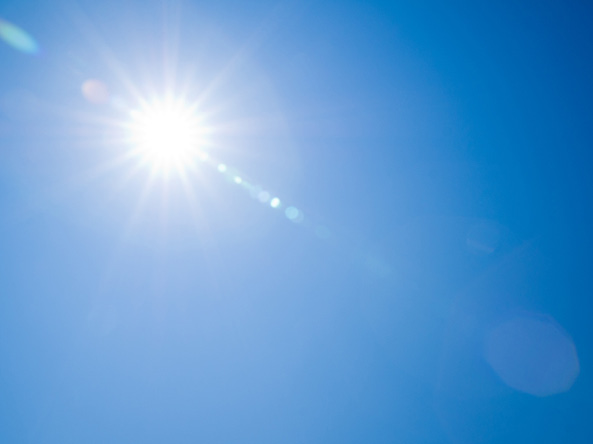
7. People tend to think solar energy means photovoltaic (PV), but solar heat is in many ways more useful.
This ranges from solar hot water geysers to hot water tanks that store energy in the form of heat, and can be used to warm your house, water and so on.
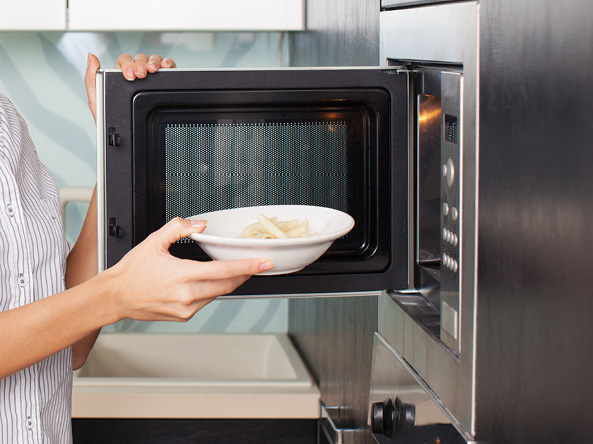
8. When you can, cook in the microwave oven.
It uses about 20 percent of the power of a conventional oven. That’s an 80 percent saving!
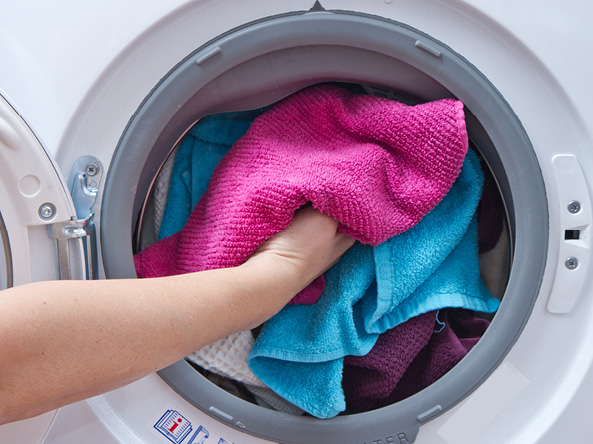
9. When you wash your clothes, use the cold water cycle.
You’ll save 80 percent of the power used for a warm wash. Always dry your clothes outside in the sun and avoid using a tumble dryer as far as possible.!

10. Maintain your appliances.
Defrost the fridge and freezer, clean the airconfilter, switch off appliances when they’re not in use (they continue to draw power on standby) and unplug chargers.
Top Tip: Get off the grid. Photovoltaic (PV) systems – set up with solar panels and batteries to store the electricity they generate – can free you from municipal power. They can be installed on any home and will cut your electricity bill and use of non-renewable energy.

